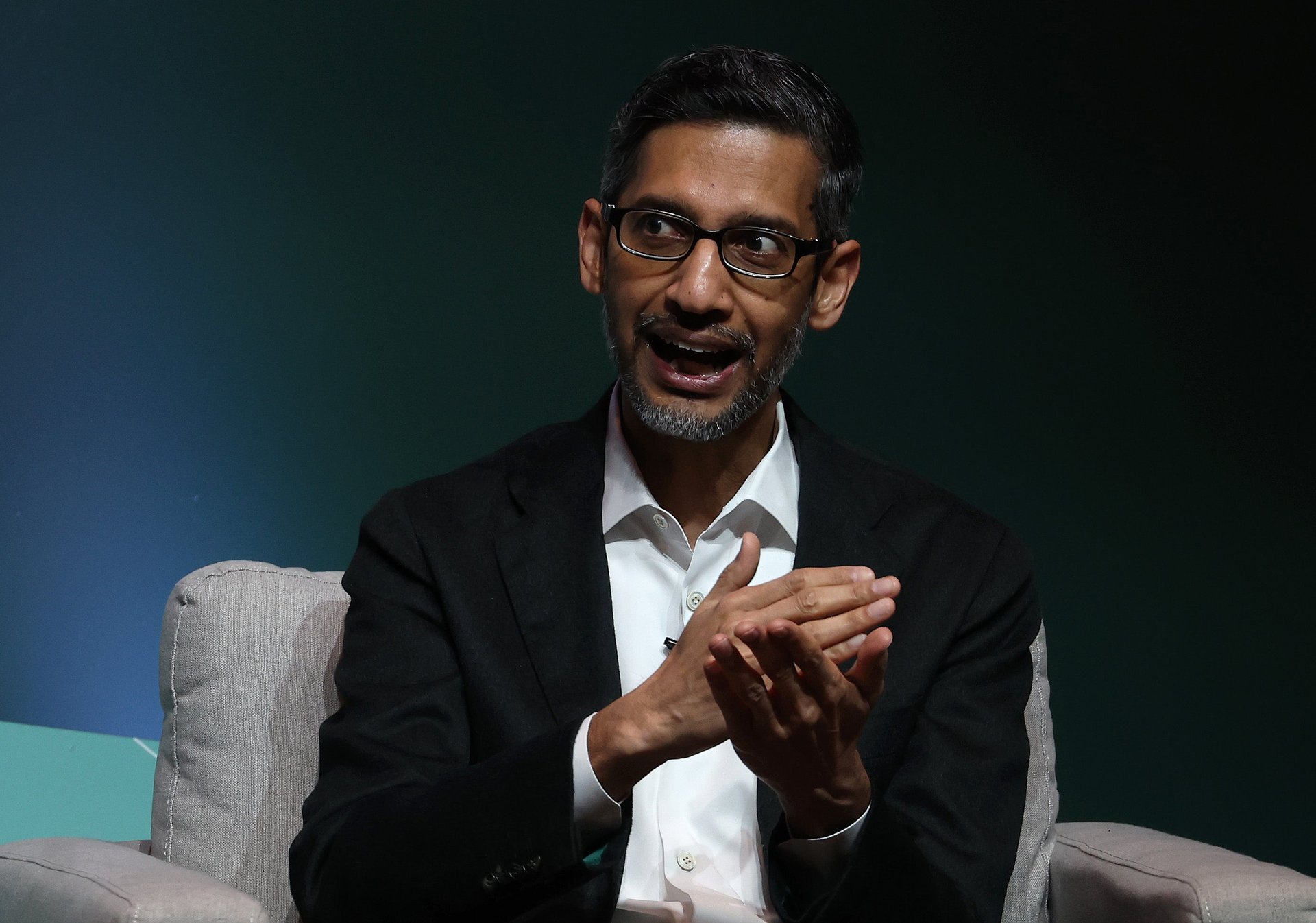Wall Street sees Google stock rallying to $200 because maybe Google can win AI after all
Analysts from JPMorgan, Jefferies, and other firms all hiked their price targets, as fears of AI overtaking search subside

Wall Street thinks Google stock will keep surging after a brief stall in February and March.
Suggested Reading
Analysts from Jefferies, JPMorgan Chase, Bank of America, and Raymond James on Friday all raised their price targets for Google to $200 per share — from previous price targets between $165 and $180 — after Google’s strong earnings report a day earlier. Wall Street had been worried about Google’s future as AI chatbots become a popular alternative to the search engine. But those fears haven’t come to fruition just yet.
“[Google’s first] quarter beat expectations across all major business lines, supporting a narrative change: Google is a beneficiary of AI,” Bank of America analysts wrote in a note to investors Friday.
Google stock rose as much as 15% in after-hours trading Thursday, and it was still up 9.7% Friday afternoon, to $173 per share. Google parent Alphabet on Thursday reported a surge in profits of almost 60% for the three months ended March 31, and the company said rising revenues were attributable to Google Search and YouTube ads.
Executives said during a call with investors Thursday that Google search got a boost from a new AI-powered tool that gives users a summary of search results on top of the typical results page with links to articles, videos, and images. Google Cloud revenues rose about 30%, also partially thanks to rising demand for its new AI tools.
Google CEO Sundar Pichai drove home the counter-narrative that AI is good for Google’s search engine. He told analysts during the call that he doesn’t expect AI to disrupt demand for Google Search, despite Wall Street’s skepticism.
“We view this moment as a positive moment for search,” Pichai said. “And I think it allows us to evolve our product in a profound way. And search is a unique experience.”
Google executives mentioned AI 57 times during the call, and the company’s AI chatbot Gemini 23 times.
Analysts’ renewed faith in Google comes after the stock stalled in February and March. That period saw Google, along with Apple and Tesla, left out of the so-called “Fabulous Four” subset of the “Magnificent Seven” big tech stocks. The former kept only Microsoft, Facebook parent Meta, Amazon, and Nvidia.
